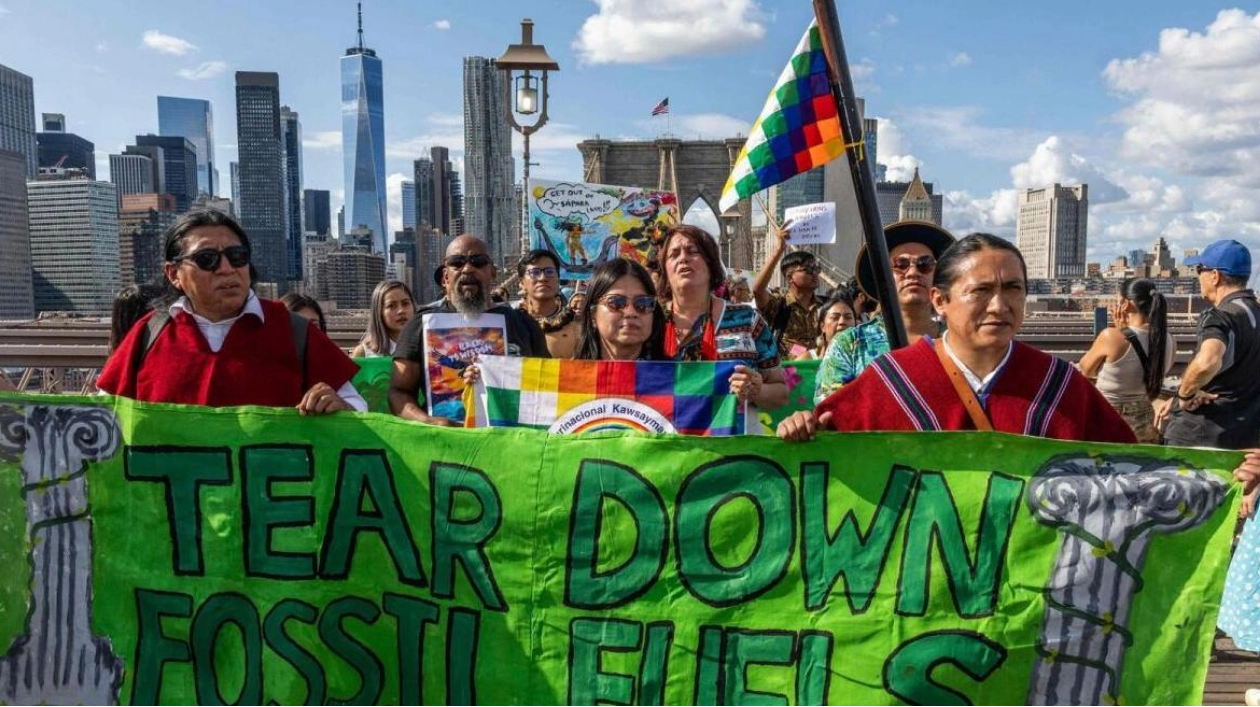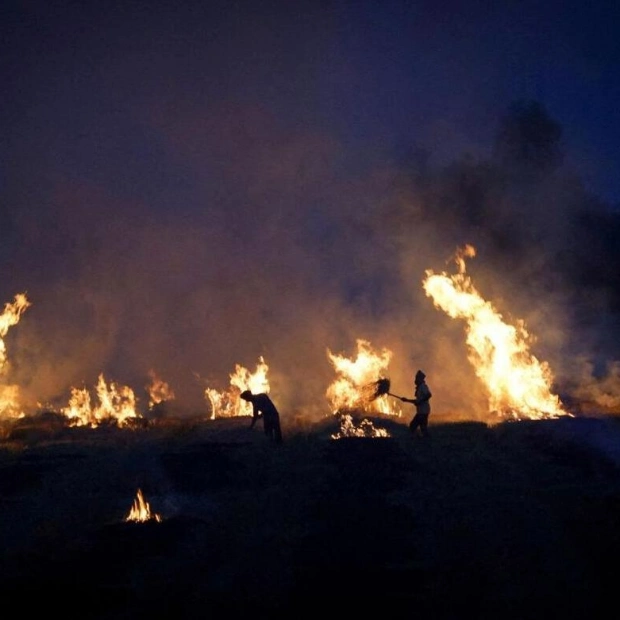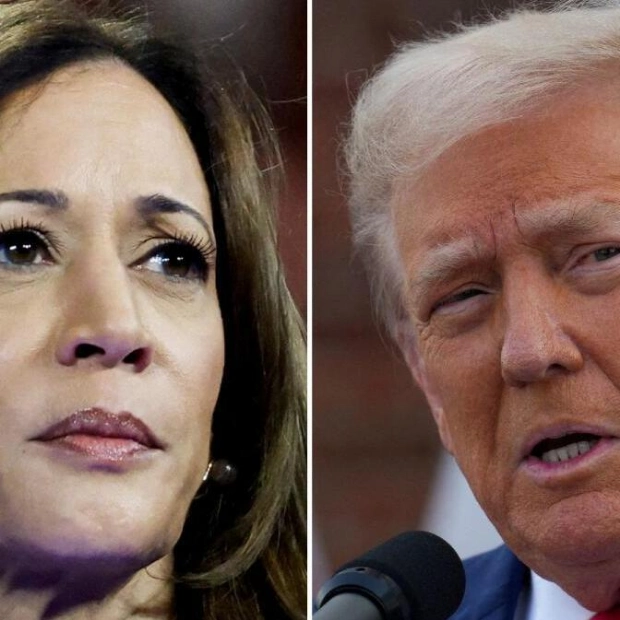UN Secretary-General António Guterres initiated a two-day, climate-focused 'Summit for the Future' on Sunday, part of the UN General Assembly, where several leaders expressed concerns over rising distrust among nations due to escalating climate-induced disasters. National leaders spoke after adopting a 'Pact for the Future' aimed at enhancing cooperation between countries, with many emphasizing the need for immediate access to increased climate finance.
'International challenges are outpacing our capacity to address them,' Guterres informed leaders at the summit. 'Crisis situations are interlinked and reinforcing each other — for instance, the spread of climate disinformation through digital technologies exacerbates distrust and polarizes societies.'
Prime Minister Mia Mottley of Barbados echoed Guterres' concerns and called for a 'reset' in global governance institutions to better handle crises and support those most affected. 'The dysfunction in our governance institutions, the growing mistrust between leaders and the populace, will continue to foster social alienation worldwide precisely when we need to rally as many people as possible to shape a new world,' Mottley stated.
The UN climate summit will continue on Monday with addresses from China, India, and the United States. Additionally, US President Joe Biden is scheduled to speak at an event also featuring actress and climate activist Jane Fonda and World Bank president Ajay Banga. Another event hosted by the Clinton Foundation includes speeches by Prince Harry, Duke of Sussex, and actor and water activist Matt Damon.
The Climate Group, coordinating Climate Week, noted around 900 climate-related events planned across the city this week, hosted by multinational corporations, international non-profits, governments, and activists. Climate summits and events, held alongside the UN General Assembly, have become more urgent in recent years as rising temperatures drive increasingly severe disasters such as heatwaves and storms.
Some observers of climate negotiations lamented that the global pact adopted by the General Assembly on Sunday morning did not surpass last year's COP28 summit in Dubai in committing to transition away from fossil fuel use. Countries are exhibiting 'collective amnesia' regarding the need to address these polluting fuels, according to Alden Meyer, a senior associate at the climate think tank E3G.
Leaders are also confronting a more pressing challenge on the climate agenda. With only two months remaining until the UN's COP29 climate summit in Baku, Azerbaijan, there is limited time to agree on a new global finance target to replace the annual $100 billion pledge that expires in 2025. Given some UN agencies estimate the annual financing need in the trillions, leaders are exploring ways to augment climate funding beyond their own budgets.
The World Bank and other multilateral development banks are undergoing reform processes this year, potentially increasing funding availability or taking on more climate-related risks. Under an initiative led by Barbados, France, and Kenya, countries are also discussing imposing new global taxes to support climate finance, such as a financial transaction tax or a shipping tax.
Commonwealth Secretary-General Patricia Scotland highlighted that some of the world's poorest countries are now grappling with climate-induced disasters and an increased debt burden. 'We must do more to address the fundamental unfairness of the debt crisis that most of our developing countries are experiencing,' Scotland told Reuters. 'The development banks and the World Bank need to acknowledge this reality and act accordingly.'






